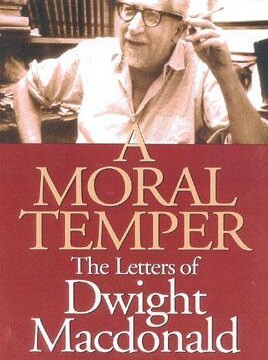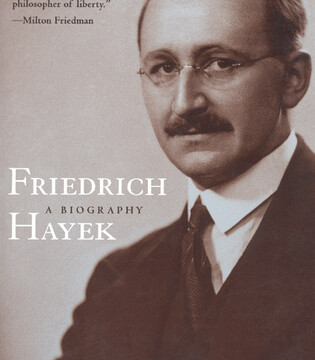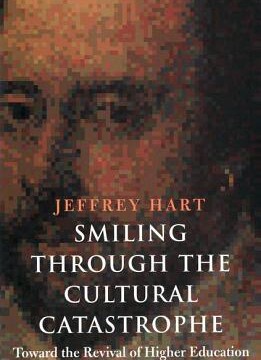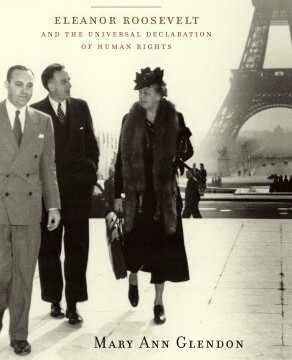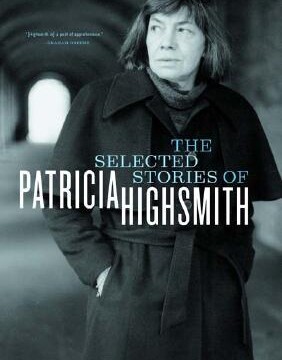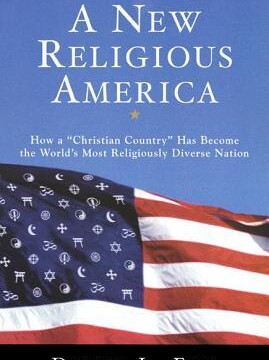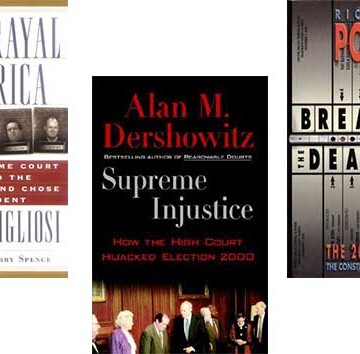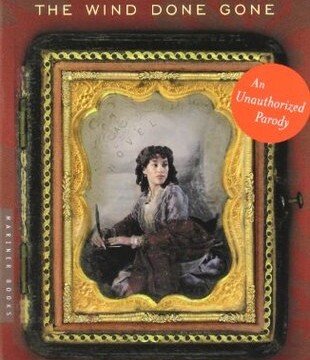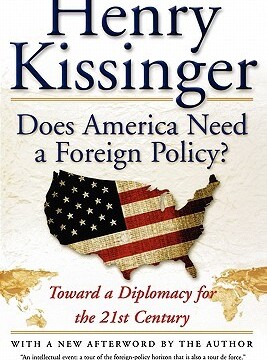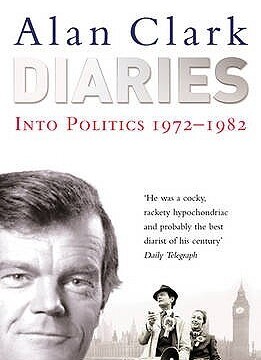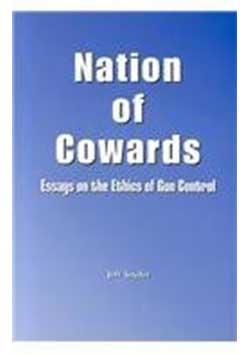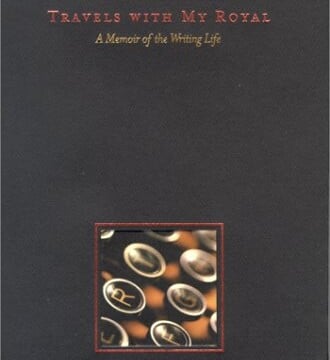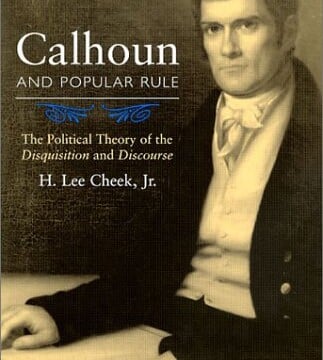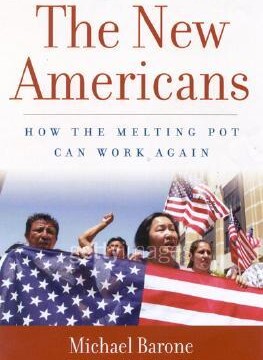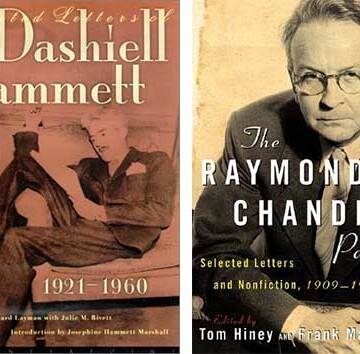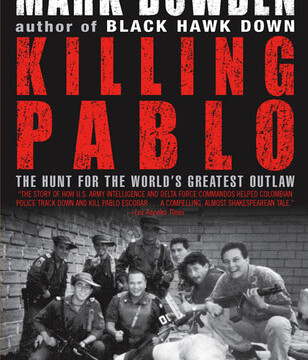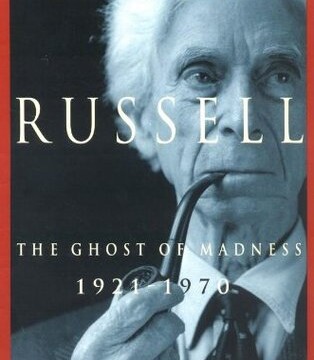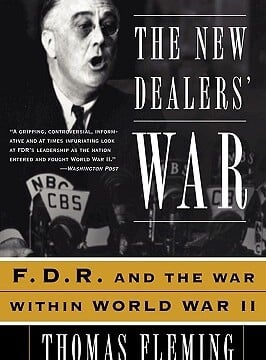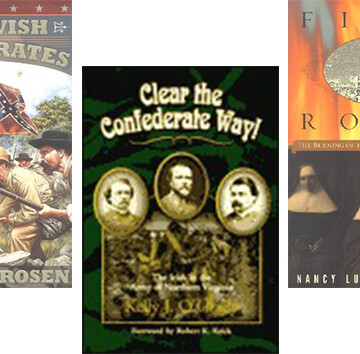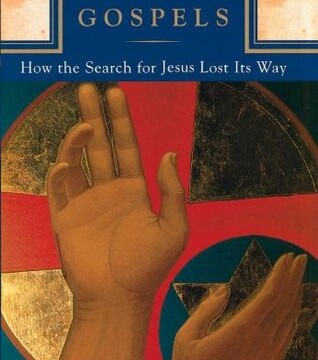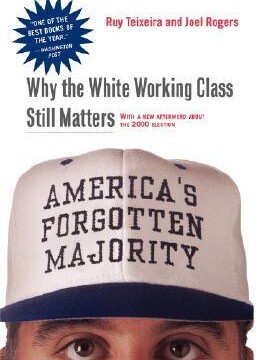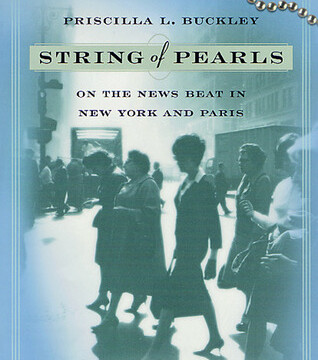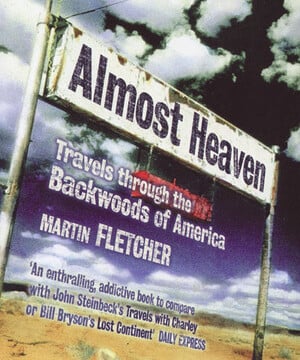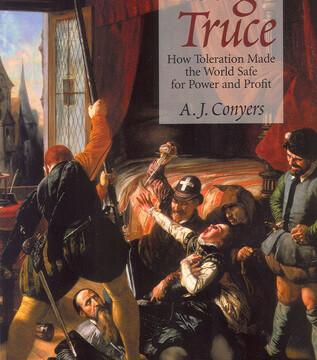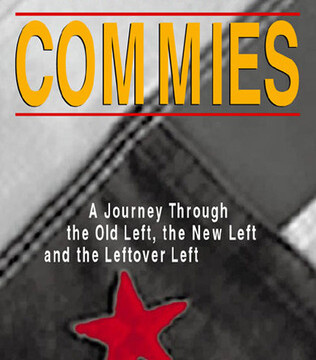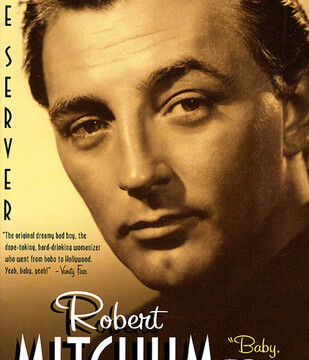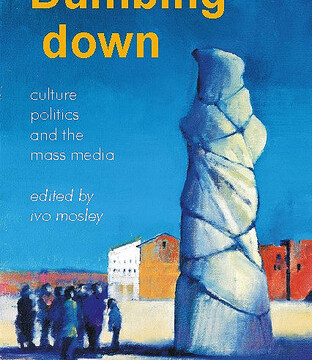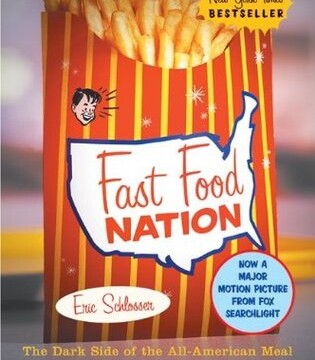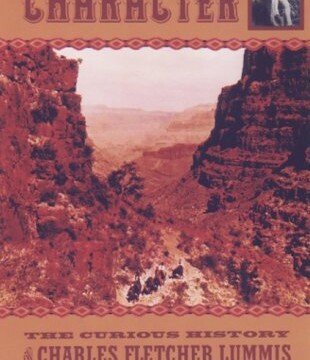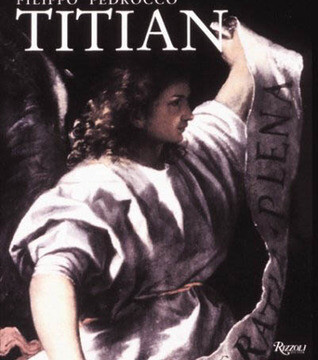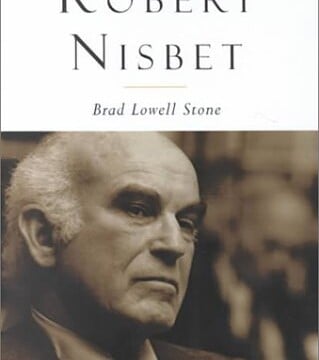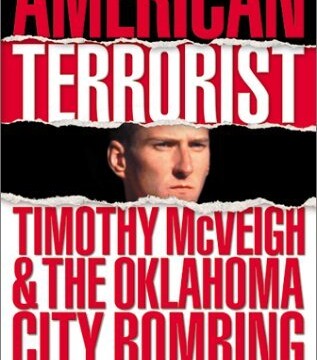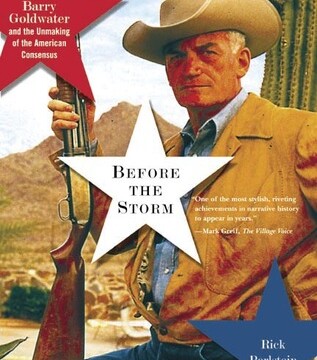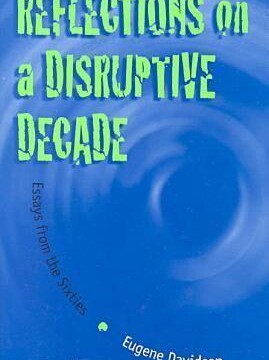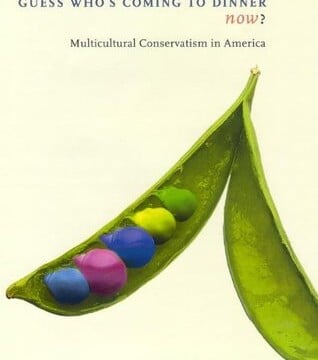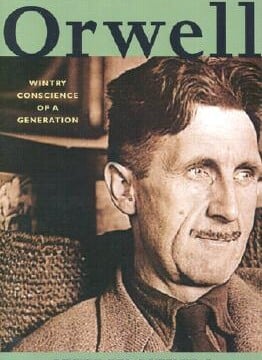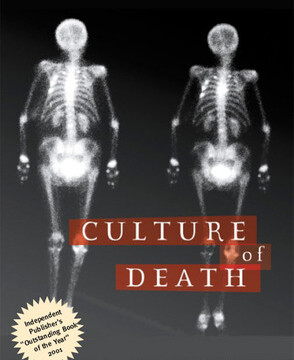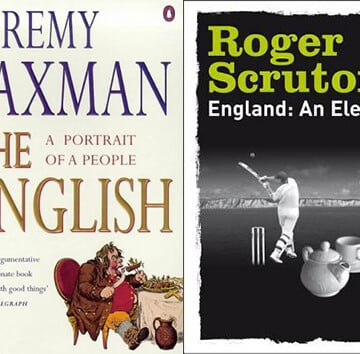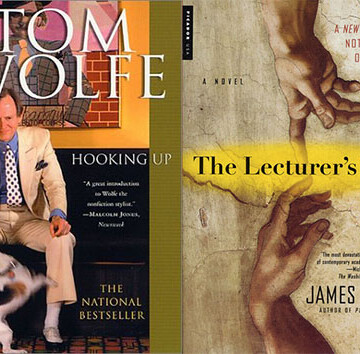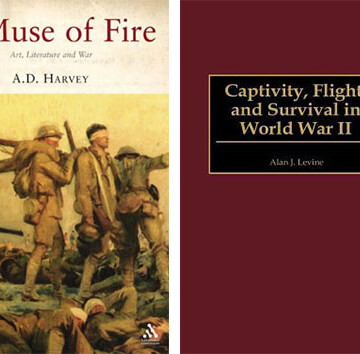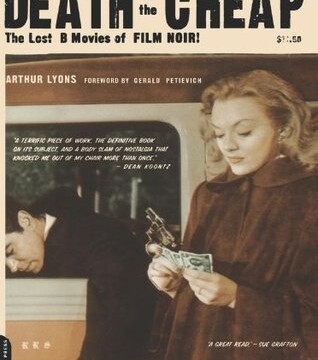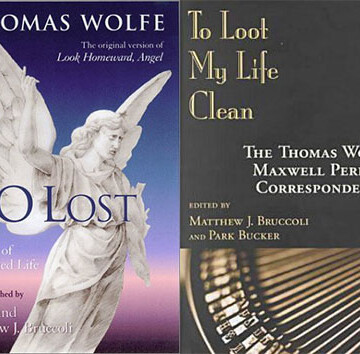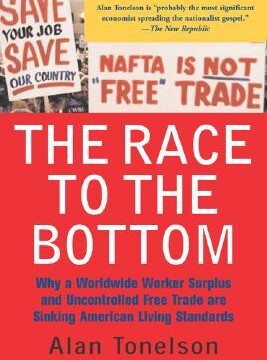It is 1923, hot on the heels of the Progressive era and World War I. Radio Broadcast magazine confidently opines that the advent of radio as a popular medium “is destined, economically and politically, to bind us together more firmly.” It might even produce “to some extent at least, unification of the religious ideas of...
Category: Reviews
Against the Horticulturalists
Dwight Macdonald died in December 1982, almost 20 years ago. I went up to New York for his funeral. There were few New York intellectuals, prominent or not, at that gathering—which, properly and decently, had something like a family atmosphere. He had been living in the very middle of New York, and, yes, he was...
Hold the Gush
Like Virginia Woolf and Mary McCarthy, Rupert Brooke and Bruce Chatwin, Edna St. Vincent Millay’s striking appearance greatly enhanced her literary reputation. Readers were drawn to her poetry by her good looks and notorious sexual behavior. When she lost her health and beauty and became an alcoholic and a drug addict, she lost her following...
The Puzzler
“The market is the best garden.” —George Herbert Lord Keynes’ biographer Robert Ski-delsky described Keynes’ principal rival in the 1930’s, Friedrich A. Hayek (1899-1992), as “the dominant intellectual influence of the last quarter of the twentieth century.” Hayek’s writings during the 1930’s on business cycles would eventually bring him a Nobel Prize in economics, but...
Retelling History
A few years ago, David Denby wrote about his experiences as a student in Humanities I-II, the “Great Books course,” at Columbia College. In Smiling Through the Cultural Catastrophe, Dartmouth professor Jeffrey Hart “teaches,” for the general reader, his own version of the class, the distillation of decades of teaching and reflecting on the story of...
World Without End, Amen
Every night before bed, Eleanor Roosevelt—first lady, feminist, and the spirit Hillary Clinton most wants to contact in the Great Beyond—knelt beside her bed and prayed her improvised prayer: Our Father, who has set a restlessness in our hearts and made us all seekers after that which we can never fully find, forbid us to...
Happenstance Phenomena
Patricia Highsmith is a peculiar taste, nasty and unpalatable to many. Readers who like her, however, tend to like her enormously. She was born in Fort Worth, Texas, in 1921, the unwanted daughter of a graphic artist who attempted to abort her by drinking turpentine. Her father left home before she was born, and she...
Mexican Mosques, Brazilian Buddhists
Diana Eck has produced some of the most valuable modern work on Indian religion. Her best-known book is probably Banaras (Columbia University Press, 1998), a wonderfully detailed examination of the sacred geography of the holy city that Westerners used to call “Benares.” That book was so good because of Eck’s ability to understand the symbolic...
Some Dare Call It Justice
“Justice is a contract of expediency, entered upon to prevent men harming or being harmed.“ —Epicurus, Aphorisms According to leading members of the American law professoriate, the U.S. Supreme Court’s decision, on December 12, 2000, in Bush v. Gore was “lawless and unprecedented,” “not worthy of ‘respect,'” featured “sickening hypocrisy and...
Frankly, My Dear
The publication of Gone With the Wind in 1936 was a major event in publishing—if not literary—history, compounded by the overblown movie of 1939 and by worldwide sales that continue to this day. Margaret Mitchell was overwhelmed by the reaction, which was complex and multifold. The novel was read by people on both sides in...
The Coming Ordeal
This latest book by the former secretary of state illustrates the difficulty of separating a piece of writing from its creator (Alan Greenspan on macroeconomics, Bill Gates on information technology, Steven Spielberg on cinematography. Would a similar, slim volume attract national attention if came from an assistant professor at a Midwestern college? Would it be...
Clark’s Tale
Alan Clark, who died in 1999 at the age of 71, was one of the Conservative Party’s most iconoclastic, amusing, and controversial—yet thoughtful—figures. In a party top-heavy with temporizers and economic reductionists, in an age full of angst, his cheerful disregard for delicate sensibilities was a joy to behold, even when you did not agree...
Sheep in Sheep’s Clothing
Jeff Snyder’s title essay, originally published in 1993 in the Public Interest, provoked Newsweek columnist George F. Will to rush into print with well-timed second thoughts about his own earlier suggestion that the Second Amendment be repealed. The essay soon became a regulation piece in the well-stocked armories of hundreds of pro-gun websites. Crime is...
A Life in Sketches
If Nevada can be said to have a first family equivalent to the Kennedys of Massachusetts, that family is the Laxalts. This immigrant Basque clan of a century’s residence has given America a U.S. senator (Paul Laxalt, now retired) and a poet laureate, Paul’s late brother Robert, who turned the Basques’ experience of the West...
Cast-iron Man
John C. Calhoun is perhaps the most hated historical figure in modern America. There may be others who offer more succinct and intuitive criticisms of America’s institutional decay; many have led stronger movements for reform and challenged the ruling establishment in ways more forceful than he did. But in the scholarly world, where historians and...
Something Is Missing
“If anyone wish to migrate to another village, and if one or more who live in that village do notwish to receive him, if there he only one who objects he shall not move there.” —The Salic Law, c. 490 In this commentary on the American experiment, Michael Barone declares that...
The Boys in the Back Room
If you are looking for literary reflections or information about the intentions of the author of Red Harvest, The Maltese Falcon, and The Class Key, forget about it. There is precious little of that in Dasthell Hammett’s letters. If you are looking for insight into the character of the enigmatic Dasthell Hammett, you won’t find...
Operation Futility
Mark Bowden was interviewing a retired U.S. military officer for his book Black Hawk Down when a framed photograph caught his eye. In it, a group of jubilant solthers posed around the corpse of a bloody, fat man. Curious, Bowden asked about the picture. “That, my friend, is Pablo Escobar,” the officer said to Bowden....
The Study of Wisdom
The second half of the life of Bertrand Russell (1872-1970) is not nearly as interesting as the first, when Russell did his major work in philosophy and mathematics and, through close contacts with the Bloomsbury Group, knew all the major writers of his time. In this second volume, Ray Monk picks his way through the...
As We Go Marching
“Let no one believe that children a hundred years from now in the future of America will not be sick for what our fools and unconscious criminals are doing today.” —Robinson Jeffers Who has not heard David McCullough pontificate on the “greatness” of Teddy Roosevelt, Harry Truman, and now John Adams, or watched James McPherson...
Confederate Rainbow
As we all know, during the Civil War, an expansive, democratic, progressive, multiethnic North defeated a bigoted and reactionary South, so that government of the people, by the people, and for the people should not perish from the earth. Like so many commonly held beliefs about the war (which are now being enforced as official,...
New Skins, Old Wine
For almost 2,000 years, Christians have been confessing Jesus Christ as God and Savior in the assurance that they knew enough about Him to justify making this confession. From the earliest days of Christianity, its adversaries have repeatedly challenged the facts and doctrines recorded about Christ in the four canonical Gospels and in the great...
Middle American Mellow?
Since the 1960’s, American politics at the national level has primarily consisted of an endless search for a new majority. The Democratic Party’s embrace of the civil-rights movement kicked off the quest by undermining the New Deal coalition that combined white Southerners with white, ethnic, Northern union members, allowing the Republican Party to invade the...
One of the Lucky Ones
Priscilla Buckley has long been well known to readers of conservative journalism. For nearly three decades, she was managing editor of National Review, a constant font of editing skill, institutional knowledge, good humor, and courtesy. She had a 12-year career before NR, however, and it is those dozen years with United Press in New York...
Animal Farm
Martin Fletcher worked seven years as a Washington, D.C., correspondent for the London Times. Before returning to Britain, he packed up a car and hit the road for a five-month journey that started in Virginia and ended in Seattle. After years of writing about politics in Washington, Fletcher “resolved to take time off to explore...
Missed Opportunities
The Defamation of Pius XII recounts the heroic efforts of Pope Pius XII and members of the European Catholic hierarchy, clergy, religious, and laity to save hundreds of thousands of Jews from Hitler’s “final solution.” Pius XII began this work before the outbreak of World War II and continued it throughout the war years. It...
The Truce Is Over
Toleration in public life, the agreement to disagree peaceably, is one of the great achievements of Western man. Toleration can sometimes be found in static societies, but in dynamic societies, it is rare—save for a few recent centuries of European civilization. The disaster of the 17th-century religious wars and—even more, perhaps—the discovery of the practical...
Radical Voyages
“Our ideas had consequences,” observes Ronald Radosh, distinguished historian of the American left, echoing the quite un-radical Richard Weaver. The party of which Radosh was a member for most of his life conventionally is portrayed as an idealistic band in pursuit of a more humane America. Yes, its apologists admit, the left has erred from...
The Whippoorwill
“The pure products of America go crazy.” —William Carlos Williams The go-to-hell attitude, unique features, and deceptive talent by which we know Robert Mitchum (1917-1997) were the product of his heredity and experience. His father was a Scotch-Irish South Carolinian with some Amerindian blood—he died young in a railroad accident. His...
Waking Up to Dumbing Down
Chronicles readers may be rather tired of hearing about “dumbing down,” but the ugly term is just now starting to attain cliché status in Britain. Conservative newspapers like the Daily Telegraph and Daily Mail have begun to talk about dumbing down recently, in reporting, for example, that almost 200,000 children entering British secondary schools (11-...
Hapless Meals
A few years ago, an old friend of my husband watched her three-year-old son die after eating a tainted hamburger at a fast-food chain in Oregon. She is a pediatrician, and her son had good care; but there was simply nothing anyone could do for him. He was one of many Americans who become sick...
American Renaissance Man
Charles Fletcher Lummis was born near Bristol, New Hampshire, in 1859 and received an extraordinary education at the feet of his father, Henry Lummis, an erudite Methodist minister. This homeschooling was so effective that, by the time young Charlie got to Harvard, he found that he had already read through its then-rigorous classics curriculum. Bored...
Prince of Painters
Titian, the greatest painter of the Venetian Renaissance, was born about 1488 in Pieve di Cadoro, in the foothills of the Dolomites. He came down to Venice at the age of nine and was apprenticed to the workshops of Gentile and Giovanni Bellini. He wrote letters to his noble patrons, some of them explaining the...
The Last Aristotelian
This compact and thoughtful biography by the director of American Studies at Oglethorpe University underscores a recurrent problem affecting the reputations of conservative social thinkers. Even those who once enjoyed well-deserved celebrity cease to be widely studied after they are gone. Save for the interest of devoted disciples with quite limited media access, the contemporary...
Dirty for Dirty
“Nothing is easier than to blame the dead.” -Julius Caesar American In the 1944 movie Thirty Seconds Over Tokyo, Spencer Tracy, playing Col. Jimmy Doolittle, briefs his flyers before they take off to bomb their Japanese targets by telling them that they are almost certain to be killing civilians and that, if any of them...
The Reluctant Candidate
As a conservative undergraduate student during the early 1960’s, I spent many a long night engaged in animated political argument with a close friend whose supercharged IQ was exceeded only by his condescending manner. The fellow never tired of reminding me that, yes, there were a few responsible Republican public officials. He would always tick...
The Lion and the Fox
This second edition of Samuel Francis’s monograph on the political thought of James Burnham (1904-1987) is a fascinating exposition of a remarkable body of work. Francis focuses on the thought and not the man, on the books and columns—especially those printed in National Review—produced during Burnham’s most interesting period as a writer, which extended from...
Onan Agonistes
I’ve been trying to figure out what somebody could do with the thirty bucks (plus tax) that they’re asking for Harold Brodkey’s word-processing product. My copy was no bargain for free. You could buy two pizzas and two sixpacks and have quite a party for that sum. You could wire your sweetie pie a nice...
Thirty Years Ago . . .
“History is philosophy from examples.” —Dionysius of Halicarnassus, Ars Rhetorica The “disruptive decade” referred to in the title of this collection of essays is the 1960’s, when Eugene Davidson served as editor of Modern Age. Although the 60’s ended only 30 years ago, Mr. Davidson’s writing (the prefatory editorials to each...
Yes, Ma’am. And Will There Be Anything Else, Ma’am?”
According to Angela D. Dillard, “women and minority conservatives have begun to alter irrevocably the tone and complexion of contemporary conservatism.” Despite the leftist affinity of most gays, blacks, Hispanics, and self described feminists, “pariah minorities”—whom Dillard views as belonging to larger “outcast” groups—have come to identify with the American right. Consisting of independent (though...
Becoming George Orwell
“The best guesser is the best prophet.” —Greek Proverb George Orwell was born Eric Arthur Blair in 1903 in Motihari, India, where his father worked for the Indian Civil Service as a sub-deputy opium agent in charge of manufacturing the narcotic for transport to China. His mother, the daughter of a...
Come, Sweet Death
In the spring of 1975, C. Everett Koop, M.D., addressed a conference of Christian laymen in New Orleans on the topic of abortion—more specifically, on the implications of Roe V. Wade. Among the changes he foresaw were a growing acceptance of infanticide as the “treatment of choice” for defective newborns and an increasing resort to...
English Tracts
“England, with all thy faults, I love thee still.” —William Cowper, The Task, II For the last 300 years, “England” and “Britain” have been largely synonymous. When Glasgow-born General Sir John Moore lay dying at Corunna, his last words were “I hope the people of England will be satisfied. I hope...
Fighting the Big War
“What did you do in the big war?” his grandchildren asked. Ralph Walker Willis has answered them in My Life as a Jarhead: USMC 1941-45, a valuable book for anyone interested in the subjects of history and heroism. His is not the memoir of a politician or military officer, nor a polished work of self-promotion...
Collision Course
The polemics engendered by the beatification of Pope Pius IX are unlikely to go away. When all the false charges of antisemitism are set aside, the fact remains that this one man may have done more to stem the tide of liberalism than all the great English and American conservatives of the past two centuries...
Two Between the Ribs
How does he get away with it? Ever since Bonfire of the Vanities, I have wondered at Tom Wolfe’s success. The success itself is well deserved: Wolfe is a dazzling writer, without peer as an observer of contemporary American life. But can’t the brilliant social and literary critics of New York figure out what he...
The Janus Faces of War
A. D. Harvey’s study of art and war, while noting the suffering caused by the European wars of the 19th and 20th centuries, highlights the artistic and spiritual creativity released by these struggles. He regards the Great War, unlike World War II (which produced for the most part “tired accents”), as an exhilarating contest, which...
I Am Not Ashamed Either
Ever since the cinéaste Nino Frank first used the term in France in 1946 (he never said he invented it), there has been considerable controversy about the meaning of “film noir” and various attempts to define it, some more or less authoritative. The essential arguments have been usefully collected in Silver and Ursini’s Film Noir...
Wolfe in Wolfe’s Clothing
What we have here are two good books published by the increasingly adventurous University of South Carolina Press in celebration of the centenary of Thomas Wolfe (1900-1938). O Lost is the original version of what became Look Homeward, Angel (1929), the text being carefully established and edited by Arlyn and Matthew J. Bruccoli from a...
“Psst—Can We Talk?”
There is a story, perhaps apocryphal, about a Chinese scholar who was asked by a student, “What is the longterm impact of the French Revolution?” His answer: “It’s too early to tell, it’s simply too early to tell.” Those borrowed words would be my response to the question of the impact of the globalization of...

